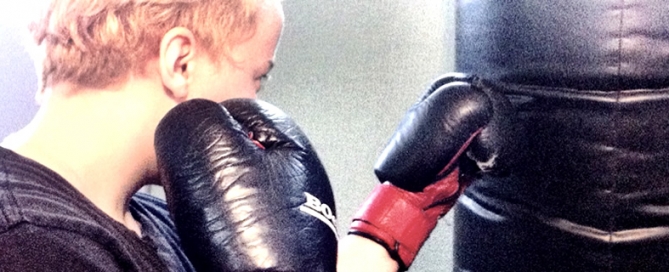You’ve played that piece of music a hundred times and practiced for hours on end. You’ve memorized every note and can execute it perfectly, but how can you play it in a way that moves you from amateur musician to classical pianist? How can you cross the bridge from acceptable to exceptional? Emerging research shows that the best way to do that is through “deliberate practice.”
Psychologists tell us that the way to build significant performance expertise in any area—be it music, sports, chess, academics, drawing, or coding—is to move beyond repetition and incorporate thoughtful goals, focused attention in the face of boring tasks, immediate feedback, and the willingness to leave your comfort zone and attempt something new. Instead of trying harder, experts suggest trying things differently while reflecting on your weaknesses and opportunities for improvement. Deliberate practice is “a marathon and not a sprint,” says Corbett Barr, creator of the “Expert Enough” website. One-to-one support can help you make the leap and learn how to begin concentrating on quality instead of quantity.
“The best way to get past any barrier is to come at it from a different direction,” write K. Anders Ericsson and Robert Pool in their book PEAK: Secrets from the New Science of Expertise, “which is one reason it is useful to work with a teacher or coach. Someone who is already familiar with the sorts of obstacles you’re likely to encounter can suggest ways to overcome them.”
Students can incorporate this philosophy into their academic work by mastering basic concepts in each subject until that information can be retrieved automatically, identifying the “gold standard” for where they want to be, and using coaching and mentoring to move through their goals and reach a higher level of achievement.
Resources:
Chen, Ingfei. Measuring Students’ Self-Control: A Marshmallow Test for the Digital Age. NPR. KQED, California, 15 Sept. 2014. Radio.
Barr, Corbett. “Deliberate Practice: What It Is and Why You Need It.” Expertenough.com. Fizzle Co., n.d. Web. 1 Sept. 2016.
http://expertenough.com/1423/deliberate-practice
Ericcson, K. Anders, and Robert Pool. “Not All Practice Makes Perfect.” Nautilus. NautilusThink Inc., 11 Apr. 2016. Web. 1 Sept. 2016.
http://nautil.us/issue/35/boundaries/not-all-practice-makes-perfect
')}



